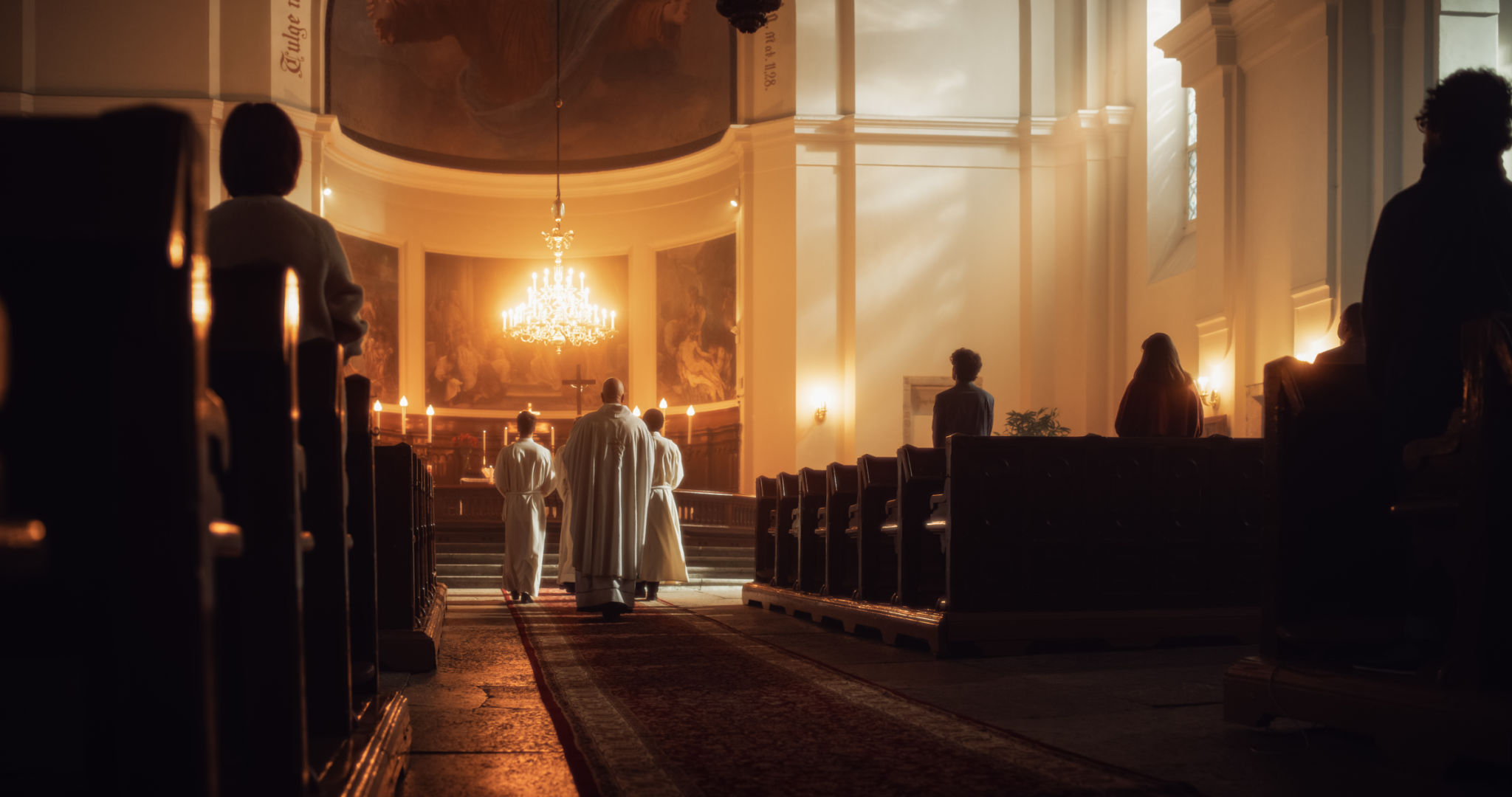Seasonal Inspirations: How Churches Celebrate Important Religious Holidays
The Significance of Religious Holidays
Religious holidays hold profound significance in the spiritual calendar of any faith community. For churches, these holidays are not just a time of celebration but also an opportunity for reflection, renewal, and communal gathering. These special times of the year allow congregations to come together and honor the traditions and teachings that form the foundation of their faith.
Churches worldwide celebrate a variety of religious holidays, each with its own unique traditions and customs. These celebrations often include services, prayers, and rituals that are deeply embedded in the cultural and spiritual identity of the community.

Christmas: A Time for Joy and Giving
One of the most widely celebrated religious holidays is Christmas, commemorating the birth of Jesus Christ. Churches across the globe mark this occasion with special services, often including midnight mass on Christmas Eve. The festive atmosphere is enhanced by decorations, nativity plays, and the singing of carols.
Many churches also engage in acts of charity during the Christmas season, reflecting the spirit of giving. Congregations might organize food drives, gift collections, or special events to support those in need within their communities, embodying the message of love and generosity associated with this holiday.

Easter: Celebrating Resurrection and Renewal
Easter is another pivotal holiday in the Christian calendar, celebrating the resurrection of Jesus Christ. This event symbolizes hope, renewal, and victory over sin and death. Churches commemorate Easter with a series of services leading up to the day, starting with Palm Sunday and including Good Friday.
Easter Sunday is often marked with joyous services and gatherings. Many churches host sunrise services to symbolize the dawn of a new day. The tradition of decorating with lilies and exchanging eggs, a symbol of new life, is also prevalent.

Lent: A Season of Reflection
Lent is a period of 40 days leading up to Easter, observed by many Christian denominations as a time for fasting, prayer, and penance. Churches encourage their members to engage in self-reflection and spiritual growth during this period. Services may focus on themes of sacrifice and contemplation.
Some churches offer additional services such as weekly Lenten prayer groups or Bible studies to help congregants deepen their faith during this solemn time. The observance of Lent culminates in Holy Week, which includes Maundy Thursday, Good Friday, and Holy Saturday services.
Advent: Preparing for the Coming
Advent marks the beginning of the liturgical year in many Christian churches. This four-week period leading up to Christmas is characterized by anticipation and preparation for the celebration of Christ's birth. Churches often light an Advent wreath, with candles representing hope, peace, joy, and love.

During Advent, churches may host special events such as Advent concerts, prayer vigils, or community gatherings to encourage reflection on the meaning and significance of the holiday season. It is a time for congregants to focus on spiritual readiness and renewal.
Conclusion: The Role of Community in Celebration
Religious holidays offer churches a meaningful opportunity to bring their communities together in celebration, reflection, and service. These times are rich in tradition and significance, allowing individuals to connect more deeply with their faith and with each other.
As congregations gather to celebrate these special occasions, they not only honor their sacred traditions but also strengthen their bonds as a community. Through worship, service, and fellowship, churches play a vital role in nurturing spiritual growth and unity throughout the year.